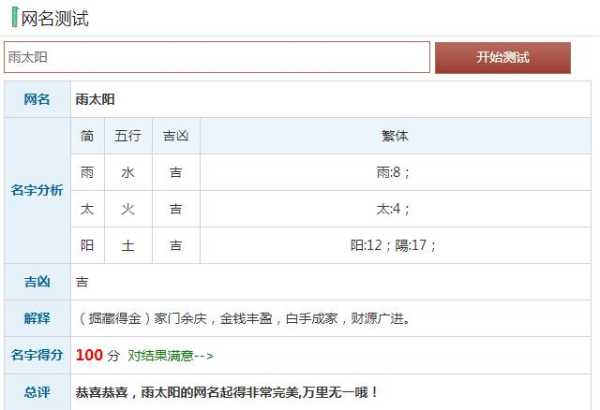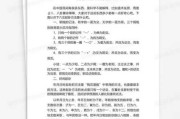本文目录导读:

在当今这个的时代,群 proliferation has become a common phenomenon. With the prevalence of social media and messaging apps, people often create multiple groups to organize activities, share interests, or foster connections. Among these groups, the group name plays a crucial role in setting the tone, reflecting the group's identity, and influencing its members' perceptions and participation.
One aspect that often catches our attention when choosing a group name is the "吉凶" (吉凶) aspect—testing the name's luckiness and significance. This practice is deeply rooted in Chinese culture, where names are not just labels but also carry profound meanings and lucky connotations. In this article, we will explore the concept of "吉凶" in the context of group names, delve into the significance of names, and provide practical advice on how to choose a name that resonates with your group's values and members' expectations.
名字的来源与意义
A group name is essentially a label that represents the group's identity and characteristics. In Chinese culture, names are carefully chosen to reflect the aspirations and values of the individuals and the group as a whole. The significance of a name is often tied to its linguistic structure, its connotations, and its cultural associations.
For example, names like "福星" (Fortune Stars) or "" (Lucky) are commonly used because they carry positive meanings and are believed to bring good fortune and prosperity. On the other hand, names like "破罐子破摔" (Broken Vase, Broken Head) might be used to signify a group that is confident and resilient, ready to face challenges head-on.
The choice of a group name is not merely a matter of personal preference; it is a reflection of the group's personality and the collective hopes of its members. A well-chosen name can foster a sense of unity and shared identity among the members, while a poorly chosen name might lead to confusion, mistrust, or even a decline in group activity.
吉凶:名字的吉凶
"吉凶" (Testing Goodness) is a practice that goes back to ancient Chinese culture. In the context of group names, it involves evaluating the name's significance, connotations, and compatibility with the group's goals and values. This process is often guided by the principles of feng shui (wind and water), which are used to determine the auspiciousness of a name or a location.
For example, a name that is considered auspicious might be deemed "吉凶" (good) in terms of bringing good fortune and harmony to the group. Conversely, a name that is deemed "凶" (bad) might be avoided or modified to ensure the group's success and stability.
The process of "吉凶" involves several steps, including name ysis, meaning interpretation, and compatibility assesent. It is a holistic approach that takes into account both the linguistic and cultural aspects of the name.
名字的选择建议
When it comes to choosing a group name, there are several factors to consider. First, the name should reflect the group's values and mission. For example, a group focused on environmental conservation might choose a name that conveys a sense of responsibility and sustainability, such as "绿洲" (Green Zone) or "和谐" (Harmony).
Second, the name should be easy to remember and pronounce. A complicated or difficult-to-pronounce name might lead to confusion or disinterest among the members, which is counterproductive for group cohesion and participation.
Third, the name should be relevant to the group's activities and interests. For example, a gaming group might choose a name that reflects the game's theme, such as "CSGO" or "联盟" (League of Legends), while a book club might choose a name that hints at literature or reading, such as "书香" or "笔墨" (Pen and Ink).
Finally, the name should be inclusive and welcoming to all members. A name that is too exclusive or that excludes certain groups might lead to alienation and reduce the group's effectiveness.
注意事项
While "吉凶" is an interesting and thoughtful practice, it is important to remember that it is not a substitute for careful consideration and reflection. A name that is deemed "吉凶" (good) in terms of feng shui or cultural significance might not be the best fit for the group's specific needs and dynamics.
Moreover, the process of "吉凶" should not be seen as a rigid or dogmatic exercise. It is a tool for guiding the name selection process, but it should not be the sole determinant of a name's suitability. The final decision should be based on a combination of cultural, practical, and personal factors.
In conclusion, the "吉凶" aspect of group name selection is a fascinating and multifaceted process that reflects the deep cultural and psychological aspects of naming. By understanding the significance of names and the principles of feng shui, we can make more informed and thoughtful decisions about the names we choose for our groups. Ultimately, the goal is to create a name that not only reflects the group's values and mission but also fosters a sense of unity, harmony, and success among its members.
相关阅读:






